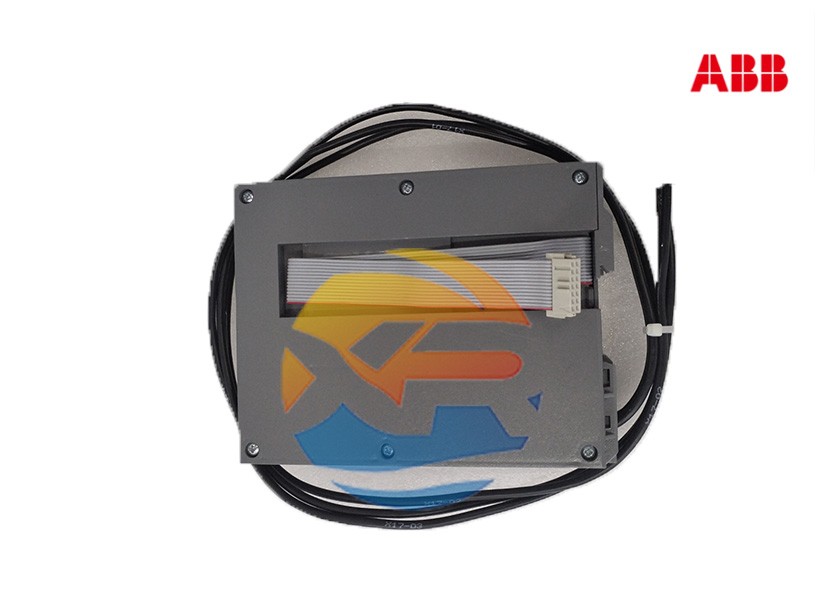While any motor needs protection, simply preventing burnout is no longer sufficient in a competitive industrial environment. The goal is to maximize uptime, optimize energy use, and transition from reactive to predictive maintenance. The ABB MCU2A02V24 intelligent motor controller is a key enabler of this shift. This article explores the practical benefits and applications of this device, demonstrating how it adds value beyond basic protection in systems like pumps, fans, and conveyors.

The Limitations of Traditional Solutions
Traditional thermal overload relays offer basic protection but lack intelligence. When a motor trips, maintenance personnel often have no data on why it tripped, leading to lengthy troubleshooting and guesswork. Furthermore, there is no visibility into motor health or performance under normal operation.
Key Benefits of the Intelligent MCU2A02V24 Controller
1. Minimizing Downtime through Advanced Diagnostics
When a motor stops, the MCU2A02V24 provides an immediate answer.
- Precise Trip Cause: The display or connected software will indicate the exact reason for the trip—"Overload," "Phase Loss," "Jam," etc. This directs maintenance crews to the root cause immediately, whether it's a mechanical jam, an electrical fault, or an process issue.
- Fault Data Logging: The device stores pre-fault current values, helping engineers understand the conditions that led to the failure. This reduces mean-time-to-repair (MTTR) from hours to minutes.
2. Enabling Predictive Maintenance
The controller transforms motor maintenance from a scheduled activity to a condition-based one.
- Motor Load Trending: By monitoring the average motor current over time, the system can detect a gradual increase in load. For a pump, this could indicate impeller wear; for a conveyor, it might mean bearing failure. This early warning allows for planned intervention before a catastrophic failure occurs.
- Thermal Capacity Used: The device's thermal model shows how much of the motor's thermal capacity is being used. Operations can be scheduled to allow the motor to cool down before it reaches a critical level, preventing unnecessary trips.
3. Improving Process Efficiency and Energy Management
The measurement capabilities of the MCU2A02V24 provide data for optimization.
- Power Monitoring: By measuring actual power consumption of individual motors, plant managers can identify inefficient processes or oversized motors that are wasting energy.
- Underload Alarms: The undercurrent function can signal a "no-load" condition. For example, it can alert operators if a pump has run dry or a conveyor belt has broken, allowing for quick resolution and avoiding secondary damage.
4. Enhanced Safety and Remote Control
- Integrated Safety Functions: Protections like phase unbalance and earth fault detection prevent hazardous operating conditions that could damage equipment or create safety risks.
- Remote Operation: Via the Modbus communication link, operators can start/stop motors and reset faults from a central control room, improving operational safety and efficiency.
Key Application Examples
- Water Treatment Plants: Protecting and monitoring pumps for clear water, sludge, and chemical dosing. Jam protection is critical for submersible pumps.
- HVAC Systems: Controlling fans and pumps in building management systems, with load monitoring to optimize energy use.
- Material Handling: Managing conveyors and crushers, where jam protection and load monitoring are essential to prevent blockages and overloads.
Conclusion
The ABB MCU2A02V24 intelligent motor controller is an investment in operational intelligence. Its benefits in reducing unplanned downtime, enabling predictive maintenance, and providing data for efficiency gains deliver a rapid return on investment. For any industry reliant on electric motors, upgrading to intelligent motor control is a strategic step towards a more reliable and efficient operation.
